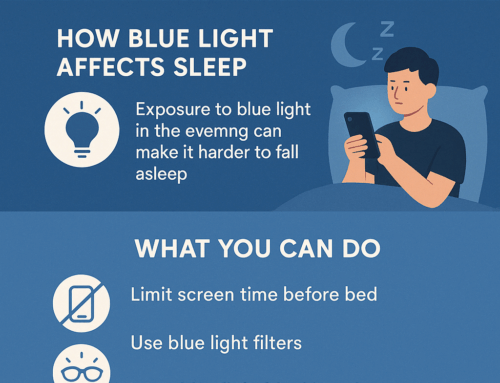Adolescence is a time of strong and overwhelming emotions; anger is a common and natural part of this emotional landscape. While occasional outbursts of teen anger are normal, persistent anger issues can be concerning and may indicate underlying problems that need to be addressed. In this blog post, we’ll explore a few practical strategies for helping your teen manage anger healthily.
- Encourage Open Communication:
Create a safe and non-judgmental environment where your teen feels comfortable discussing their feelings. Encourage open communication and let them know it’s okay to discuss what’s bothering them.
- Validate Their Feelings:
Acknowledge your teen’s emotions, let them know it’s normal to feel angry sometimes, and reassure them that you support them.
- Teach Healthy Coping Skills:
Help your teen develop healthy coping skills to manage anger constructively. Encourage activities such as deep breathing, journaling, physical exercise, or listening to music as healthy outlets for releasing pent-up emotions. Developing an exercise routine can be extremely helpful in diminishing anger. Activities such as sports and dancing can be a great outlet.
- Set Clear Boundaries and Consequences:
Establish clear rules and boundaries for acceptable behavior and communicate the consequences of violating those boundaries. Be consistent with enforcing consequences while providing opportunities for your teen to learn from their mistakes. Let them know that violence will not be tolerated, and help remind them of the coping strategies you developed together.
- Model Healthy Conflict Resolution:
Our kids see more than we think they do. Be a positive role model for your teen by demonstrating healthy ways to resolve conflicts and manage anger. Set your own coping strategies and discuss the ways you help control your anger with your child. Avoid yelling, name-calling, or resorting to physical violence, and instead, model effective communication and problem-solving skills.
- Help Them Identify Triggers:
Work with your teen to identify common triggers for their anger and develop strategies for managing those triggers. This could involve avoiding certain situations, practicing relaxation techniques, or seeking support from trusted adults. Helping your teen recognize things that cause anger can help them identify triggers before they even happen.
- Encourage Problem-Solving Skills:
Teach your teen how to approach problems and conflicts calmly and rationally. Help them brainstorm potential solutions and evaluate the pros and cons of each option before taking action. This can assist them in developing their coping strategies.
- Create a bedtime routine:
Lack of sleep affects everyone. Teens whose bodies are growing and everchanging are especially vulnerable to issues caused by sleeplessness. Teens should receive at least 8 hours of sleep each night, but many may need as much as 10 hours. Sleeplessness can cause anger, anxiety, explosive outbursts, depression, and much more. Establishing a set time for your teen to go to bed and wake up can help reduce issues caused by lack of sleep. You may need to remove any tech, such as their phone, before bed to ensure they get an accurate amount of shut-eye.
- Seek Professional Help if Needed:
If your teen’s anger issues persist or significantly impact their daily life, consider seeking professional help from a therapist or counselor. A mental health professional can provide additional support and teach coping strategies tailored to your teen’s needs.
- Foster a Positive Environment:
Create a positive and supportive home environment that encourages emotional expression and fosters healthy relationships. Encourage family activities, quality time together, and opportunities for your teen to connect with supportive peers.
- Practice Patience and Understanding:
Dealing with a teen’s anger issues can be challenging and frustrating, but it’s essential to remain patient and understanding. Remember that your teen is going through significant change and growth, and they may need your support now more than ever.
- Reduce Screen Time:
Studies show that excessive screen time has been linked to issues in school, anger, aggression, anxiety, depression, and other emotional problems. It can cause kids to lose focus and create sleep issues. Lack of sleep is a significant issue for many teens, which can cause greater emotional instability. Reducing the time your teen is on their phone or computer can help reduce anger problems. Learn more about the dangers of excessive screen time.
- Maintain a Healthy Diet:
Nutrition plays a critical role in mental health and profoundly impacts our mental well-being. Support physical and mental health by eating nutrient-dense foods like grass-fed, grass-finished beef, fish, organic fruits, and vegetables, eliminating processed foods and sugary beverages. Please view our full article on the importance of nutrition to mental health here.
Helping your teen manage their anger requires patience, understanding, and a willingness to support them through their emotional ups and downs. By fostering open communication, teaching healthy coping skills, providing nourishing foods, ensuring they get enough sleep, and seeking professional help, you can empower your teen to navigate their emotions in healthy and constructive ways. Remember, you’re not alone in this journey; resources and support are available to help you and your teen navigate this challenging time together.







Leave A Comment